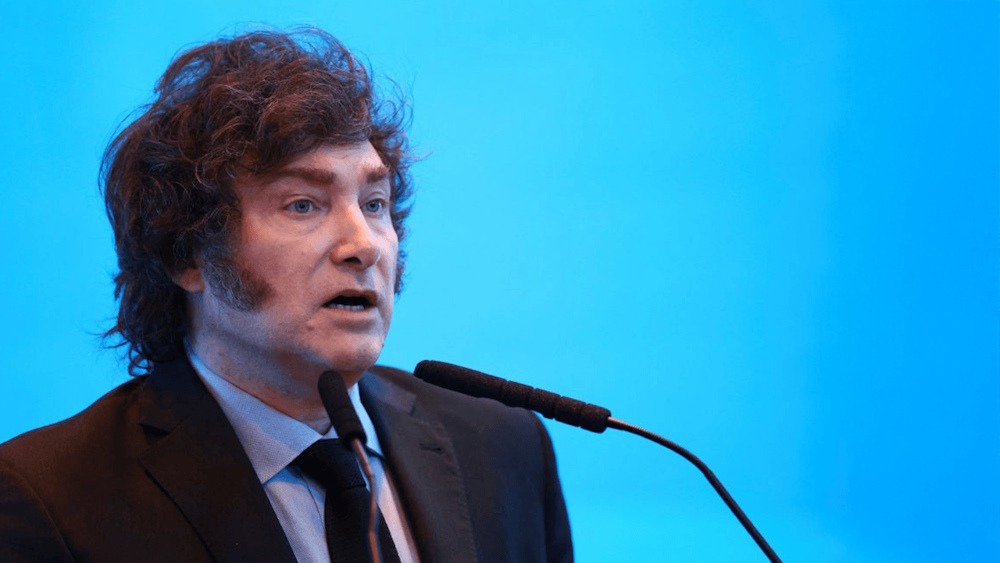Milei affirms a dollar plan that requires no inquiries, encompassing cash savings, tax evasion, and bank robbery. In a television interview on Monday, President Javier Milei expressed that he “does not care in the slightest” about the means by which Argentines acquired their dollars, seemingly endorsing tax evasion while minimizing the potential dangers associated with engaging organized crime. The administration is poised to introduce a measure permitting the populace to utilize dollars without the necessity of justifying the source of the funds, a move that experts warn could enable money laundering, tax evasion, and various other illicit activities. In response to inquiries regarding these risks, Milei asserted that economic matters ought to be distinct from legal and security concerns.
The announcement regarding the move was made by Economy Minister Luis Caputo in early May; however, it has not yet been formalized. “Under the mattress, Argentines have… estimates range between US$200 billion and US$400 billion,” Milei stated in an interview on América 24 TV channel. “That indicates a range of 33% to 66% of the GDP. This suggests a capital infusion into the economy that has the potential to significantly enhance the growth rate. According to the INDEC statistical bureau, Argentines held US$256 billion in cash and deposits outside the nation’s financial system in the last quarter of 2024.
He stated that Argentines who save dollars outside the financial system have done so to “avoid the tax that is inflation,” which he characterized as “devastating.”
Tax evaders are characterized as ‘heroes’ In response to inquiries regarding funds associated with tax evasion, the president remarked that “taxes are robbery,” subsequently asserting: “individuals who sought to safeguard themselves from unscrupulous politicians are heroes, not criminals.” He contended that organized crime, including drug trafficking, ought to be addressed by the Security Ministry and the Defense Ministry, excluding any economic considerations. “One does not employ economic measures as a means to combat criminal activity,” he stated.
For the measure to work, he stated, “the key is that nobody asks where you got your dollars.” Furthermore, I have no interest in the source of your dollars. I have no interest whatsoever. In other words, economic issues are embedded within the economy. Matters of a different nature are addressed within the legal and judicial framework. It is essential to recognize that: they ought not to be combined. Following the announcement of the plans, María Eugenia Marano, an attorney specializing in economic crimes, remarked to the Herald that permitting the public to utilize dollars without scrutiny enabled the reintegration of laundered funds into the financial system.
In response to journalist Antonio Laje’s inquiry about whether bank robbers attempting to pay in US$500,000 would face no scrutiny, Milei likened the scenario to administering incorrect medication to a patient. He emphasized, “Again, with the robbery, you shouldn’t mix the problem of crime with the issue of the economy.” Under existing legislation, these transactions may be flagged to financial authorities as suspicious. Milei characterized that legislation as “horrific.” “One must possess the ability to utilize dollars effortlessly.” “No one ought to seek justifications for any matter.”
Milei characterized the measure, which he refers to as a form of “endogenous dollarization,” as akin to a tax amnesty, albeit one that does not involve the payment of taxes. Milei indicated that the government had not yet enacted the measure due to ongoing legal considerations. He declined to specify a launch date, asserting that it would be announced only when it was “technically impeccable.”

